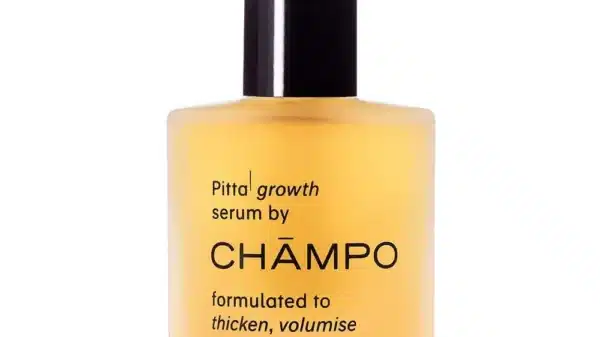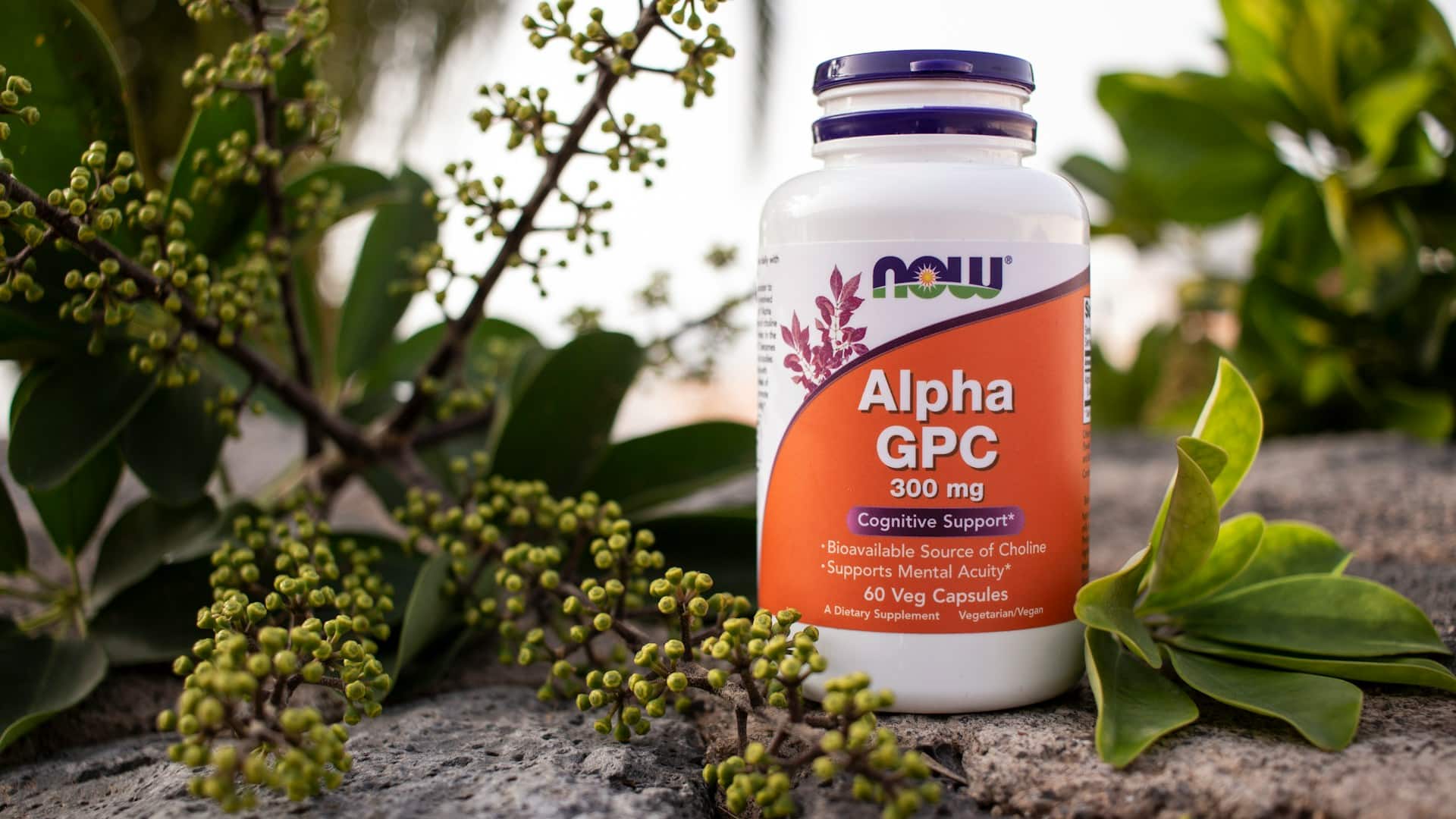Nootropics represent a captivating area of study, encompassing a range of compounds believed to have significant effects on our cognition and mental clarity. What draws many to these intriguing products is their ethereal allure: most are currently available only for research purposes, as stringent regulations linger and safety assessments are still underway. However, as research advances, the possibility of these compounds hitting the market is genuinely enticing for those seeking cognitive enhancement.
In this article, we’ll explore five of the most interesting nootropics currently under investigation, giving you a glimpse into the future of cognitive support.
1. N-Acetyl-Semax Acetate
N-Acetyl-Semax has been generating buzz in cognitive enhancement circles, largely due to promising findings from recent studies. This nootropic is thought to exert protective effects on cognition by modulating neurotransmitter activity, which could help preserve brain function and potentially combat cognitive decline. Many users find it beneficial for boosting their working memory and improving attention span.
What’s fascinating about N-Acetyl-Semax is its method of delivery; it’s administered as a nasal spray, allowing for quick absorption into the bloodstream. Imagine this: you’re juggling work deadlines and family commitments, and you turn to a solution that can potentially sharpen your mind and enhance your focus within moments.
2. L-Theanine
L-Theanine, an amino acid primarily found in green tea, is praised for its calming effects. Imagine enjoying your morning cup of tea—the gentle lift from caffeine combined with the serenity offered by L-Theanine creates a balanced state of alertness without the jitteriness that can accompany caffeine consumption. It’s this unique duo that many users swear by, making their busy days much more manageable.
Whether it’s handling a stressful meeting or navigating a whirlwind of tasks, L-Theanine can provide that much-needed calm amidst the storm.
3. Bacopa Monnieri
Long revered in ancient cultures, Bacopa Monnieri is an herb known for its cognitive benefits. It’s believed to enhance memory, mental processing, and reasoning by fortifying communication between neurons, while simultaneously shielding brain cells from various stressors. As research continues, Bacopa seems to promise exciting possibilities for improving cognitive function.
Picture this: you’re studying for an exam, trying to retain all that information. With the potential help of Bacopa Monnieri, that intricate web of knowledge might just become clearer, assisting you in recalling crucial details under pressure.
4. Lion’s Mane
Lion’s Mane, a striking mushroom often found on decaying wood, has gained a lot of attention for its potential to slow cognitive decline, particularly in relation to Alzheimer’s disease. Users have reported feeling a boost in mood and a reduction in stress levels after incorporating it into their routine. It’s typically taken in capsule form and is widely available in health stores.
Imagine feeling more centered and less anxious during a busy workday, possibly attributing your improved mindset to the power of Lion’s Mane. It’s an exciting prospect that countless people are exploring.
5. Rhodiola Rosea
Rhodiola Rosea is an herb that stands out not just for its vivid yellow blossoms, but also for its stress-reducing properties. Growing in the Arctic regions of Europe, it has been studied for its potential to diminish stress and inflammation in the body—which can lead to improvements in mood and overall well-being. Many who have demanding jobs or long hours turn to Rhodiola to combat mental fatigue.
Think of it as a lifeline during those exhaustive days when you’re pushing through fatigue; the idea that an herbal remedy could enhance your resilience against stress as you tackle life’s demands is quite appealing.
Wrapping Up
In summary, these five nootropics showcase the fascinating potential of cognitive enhancement, each offering a peek into a future filled with possibilities. While it’s essential to approach these compounds with caution—especially as many are still for research purposes and awaiting regulatory approval—there’s certainly a growing interest in what these products can offer. As research evolves, keep an eye out; in the next five to ten years, we might just see some of these innovative solutions making their way to the shelves.
Image Source: Unsplash































